Atlantica Magazine
Young professionals are often an unheard voice in policy discussions. More often than not, however, it is their insights that we need to break hardwired, outdated ideas about foreign policy and transatlanticism. Atlantica aims to amplify the voices of the young generation of transatlanticists. Our team is committed to publishing your article. Each issue features three articles per month on a theme selected by the Atlantic Forum team, in conjunction with NATO’s Public Diplomacy Division.
Find our latest
Atlantica publications here:
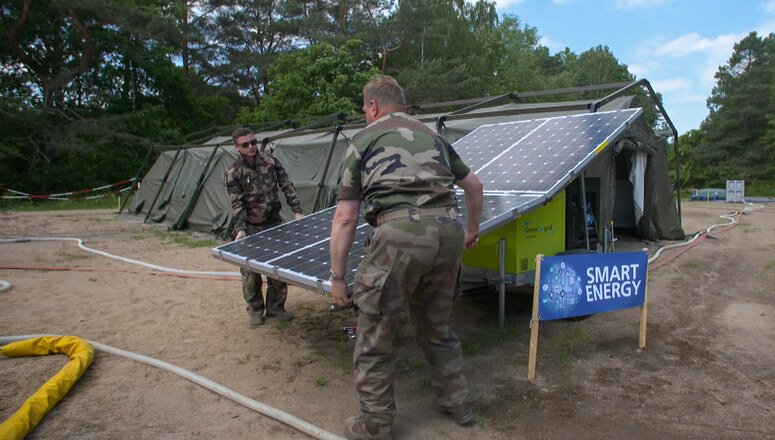
The Importance of Energy Resilience in Multi-Domain Threats
Since the early 20th century, energy security has been a key strategic driver. Today, in an era increasingly dominated by hybrid wars, energy resilience has become an important and growing challenge for NATO. A series of actors are constantly challenging the resilience of the Atlantic Alliance, seeking to exploit the openness, interdependence and connectivity of our societies and economies.

Building Societal Resilience to Disinformation
The spread of disinformation is one of the largest threats to democracies and populations, especially with the increased development of technology and loopholes allowing its spread. As such, it has become increasingly important that such an issue is addressed in a whole-society manner, building the resilience of the population to disinformation. This article will initially explain the general importance and possible impact of disinformation, moving on to address the loopholes that can be misused to allow its spread legally. Furthermore, it will explain the quickness of the spread of false news and how it is spread, explaining the logic of bots and addressing their success in spreading disinformation.

Humanitarian Assistance, Disaster Relief and Good Governance: Short-Term Presence vs Long-Term Effects
This article aims to discuss some issues within NATO’s long-term doctrinal focus and the current approach to Humanitarian Assistance Disaster Relief (HADR) operations and the discrepancy between the two. It argues that the desired long-term effects, such as host nation resilience, and the short-term deployment of a military entity during HADR do not match. As I will argue, NATO doctrine should develop to focus more on short-term deployments in the field of HADR.
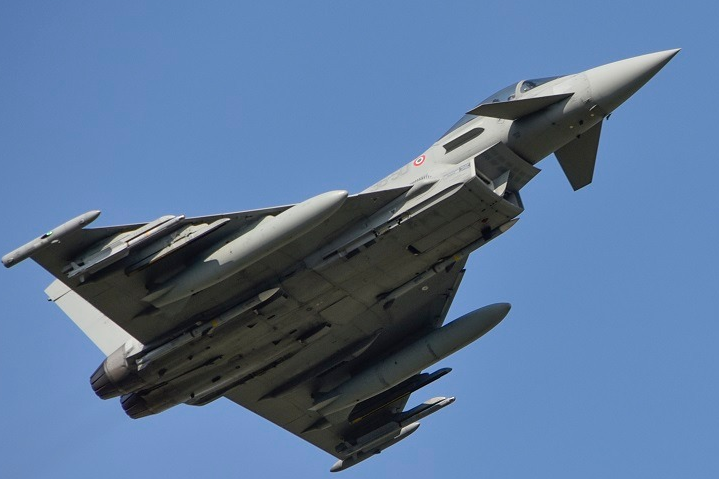
Bridging Boundaries, Building Technology: The Critical Role of Civil-Military Cooperation
This unexpected surge in defense expenditures due to the Ukraine war directly impacts the development of technological capacities within armed forces and the interplay between defense programs and industry. Leveraging the full potential of civil-military cooperation is not only a necessity but also an opportunity for nations to elevate their defense strategies to new heights. Countries unlock a powerful combination of strengths and resources, forging a holistic defense capability that embodies the resilient spirit of cooperation. Embracing this symbiotic relationship allows nations to magnify their collective defense endeavor, ensuring fortified security and unwavering stability amid the dynamic tapestry of global geopolitics.
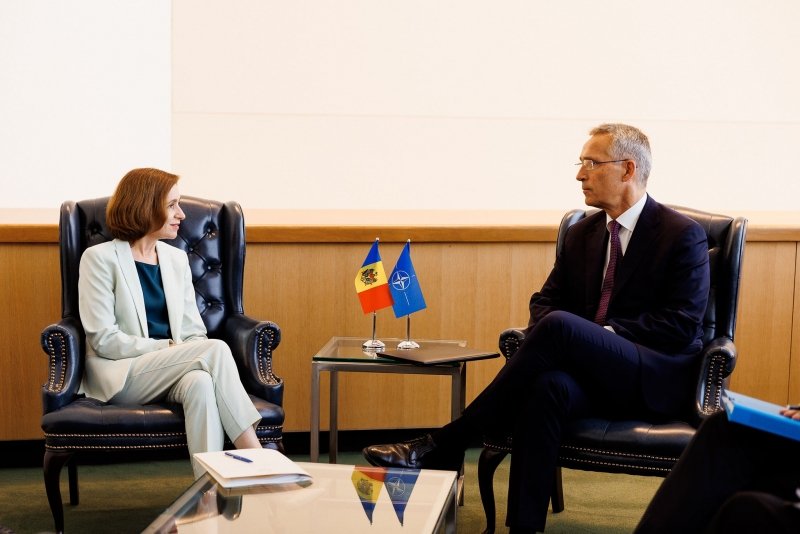
Supporting NATO Partners at Risk: Moldova
Certain post-Soviet countries have been under increased threat of a possible Russian invasion following the Russian invasion of Ukraine on 24 February 2022. Moldova is particularly at risk as it is under the threat of armed conflict in Transnistria—the Russian-occupied Moldovan breakaway region. To make Moldova a safer and more prosperous country, both the European Union and NATO must play a crucial role in supporting their post-Soviet partner at risk.
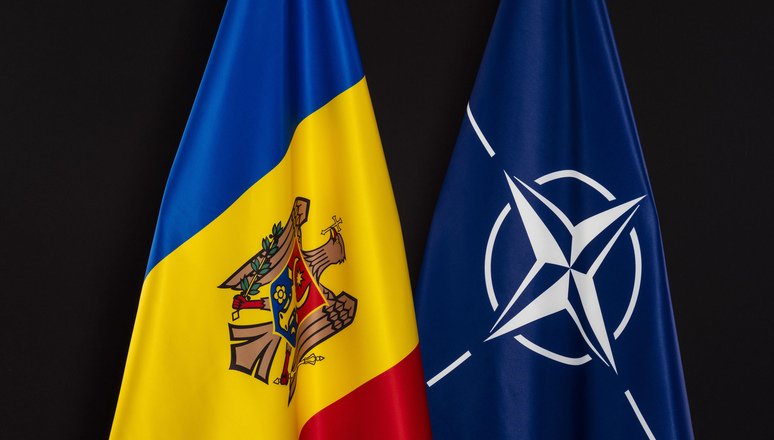
Forced Polarization: Disinformation on EU and NATO security assistance to Moldova
Moldova has been particularly affected by the war in Ukraine, lending to the outbreak of massive anti-government protests earlier this year. The North Atlantic Treaty Organization and the European Union, via the Common Security and Defence Policy, have openly committed to synergetic actions for shoring up the defence of the country against mounting hybrid warfare. Foreign Information Manipulations and Interferences (FIMIs) are now targeting external security assistance with the goal to exacerbate tensions in the already polarised Moldovan society. NATO and the EU must now face a pressing paradox, as further accommodating the needs of Chisinau in the defence domain risks unleashing a new wave of disinformation-driven dissensus.
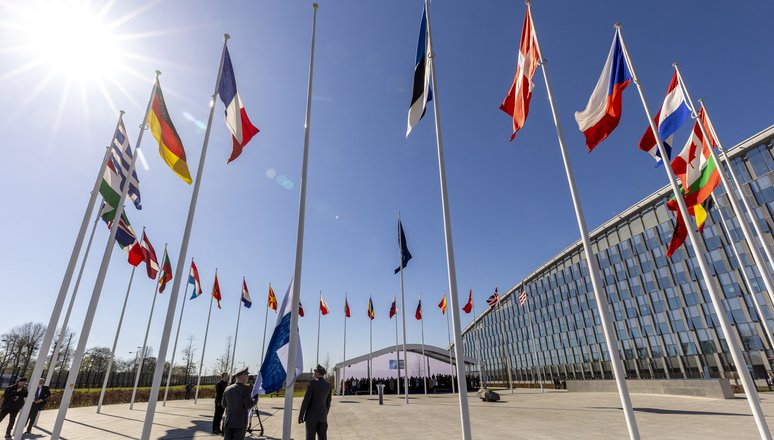
Finland and Sweden in NATO: Turning point or historical routine?
Sweden and Finland are NATO’s closest partners. In light of Sweden’s and Finland’s recent accession processes, this article traces Sweden and Finland’s relations with Russia and the West from the Russo-Swedish War of 1808–1809 to today.
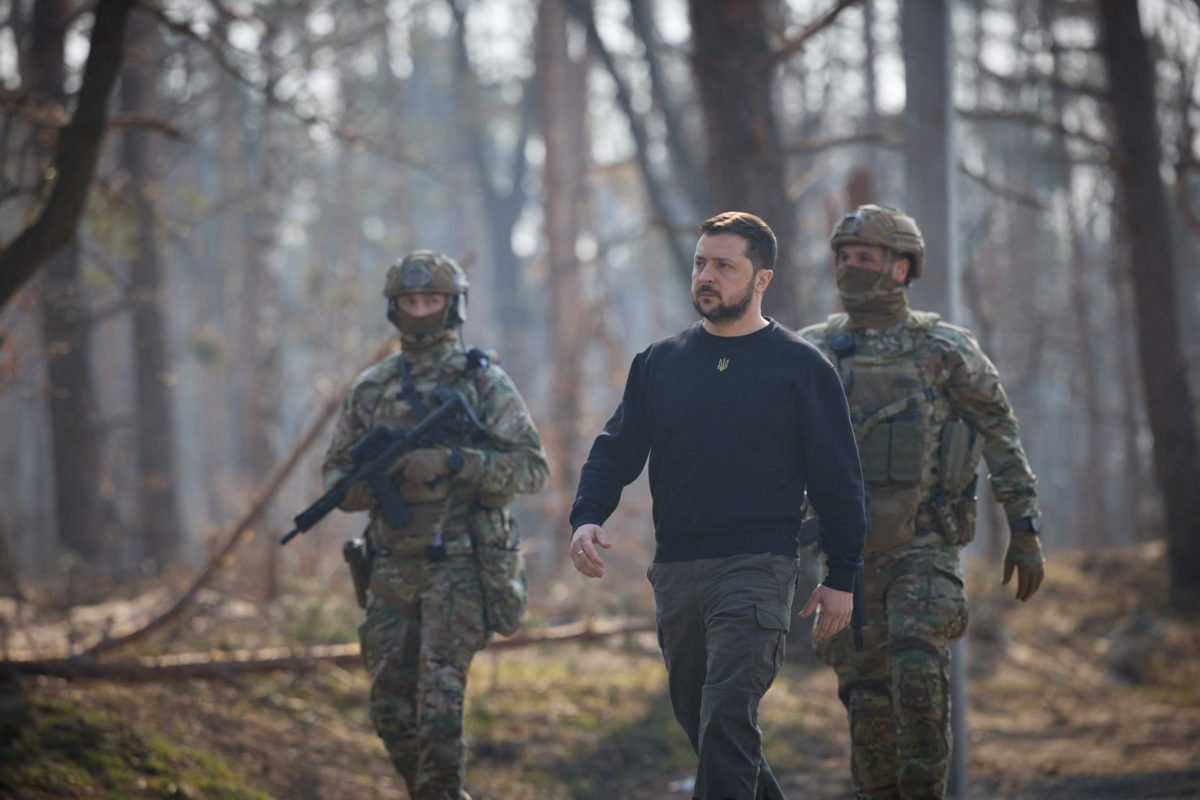
When Weapons Fall Silent: Lessons for NATO from the First Year of the Ukraine War
The 24 February Russian invasion of Ukraine passed its first anniversary, and the burdens on the weapon stockpiles, intelligence gathering, and regional stability by the West and NATO continue to expand. This presents a challenge and an opportunity for NATO to learn from Ukraine and the region's influential models of unconventional warfare. Pulling from what has been proven effective in Ukraine, both in traditional and hybrid military strategy, could be a potential aid to future conflicts with Russia. The inclusion of Ukraine in the NATO strategy planning allows for methods such as time, leadership, and technology implementation to be prioritized, as all were successful in the region and touched different parts of the war machine. This analysis will explore the lessons learned from the Ukraine hybrid warfare and how membership with NATO can help the West prepare for the subsequent altercations with Russia.

The Triple Nexus: What Climate Change, Gender and Security Mean for NATO
Climate change is rarely a stand-alone factor driving military planning or the conduct of military missions, yet it can aggravate or amplify existing conflict drivers and conflict vulnerabilities and therefore should be given due consideration during military assessment, planning, and execution. This paper aims to highlight why considering the gender perspective and climate should be interlinked in the context of security and collective defence.

Women are NATO: Interview with Lieutenant Colonel Diana Morais
Maria Luísa Moreira, Secretary General at WIIS Portugal, met LTC Diana Morais in Lisbon to learn more about her military career, her leading role at NATO HQ, and her aspirations for women in defence.